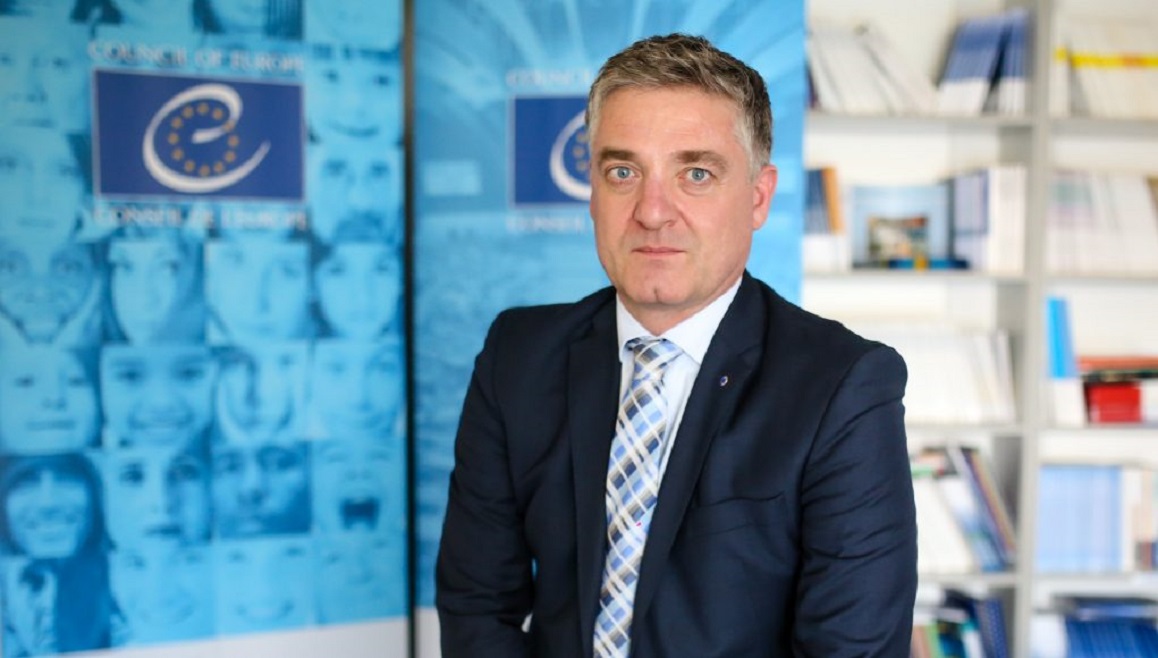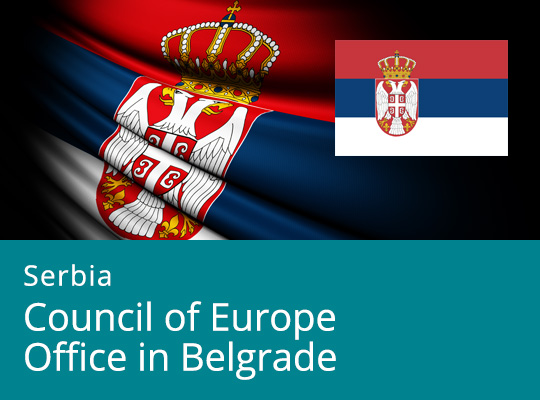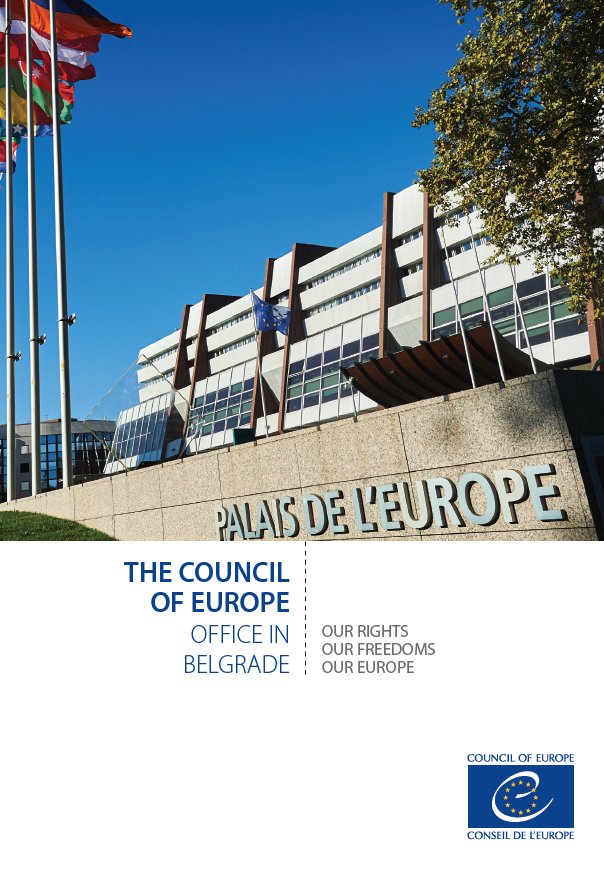Ten years ago, in 2011, Pride in Belgrade was banned by the authorities. The ban, they claimed, was their best way forward to protect public peace and order – and the LGBTI community. Violent extremists’ groups prevented the realisation of fundamental rights and freedoms in Serbia, including the right of peaceful assembly. A year before, in 2010, against this background of violence against the Pride, Srdjan Dragojevic produced the film “Parada”. He explained at the time: “Parada, in a tragicomic way, tells the story about the ongoing battle between two worlds in contemporary post-war Serbian society - the traditional, oppressive, homophobic majority and a liberal, modern and open-minded minority.” Similar stories have also been captured in a recent book by Sasa Gavric and Jasmina Causevic “From de-medicalisation to same-sex marriage. A contemporary LGBT history of the Western Balkans”.
Ten years later, as we prepare ourselves for the Pride to go through the streets of Belgrade on 18 September, let’s look at what has been achieved in Serbia in the area of LGBTI rights protection - and where more progress is still needed.
Over the last years, the threats undermining the right to freedom of peaceful assembly appear to have been on decline. Public security management is improving. Professional response from the law enforcement for policing hate crime against LGBTI persons is being put in place, based on the Council of Europe standards.
Upon the initiative of the Minister of Human and Minority Rights and Social Dialogue, Gordana Comic, a programme of legislative reforms has been initiated, including a law on same-sex unions, on which the Council of Europe provided an expert opinion. The start of the accession negotiations with the European Union in 2014, and the accompanying co-operation activities led by the Council of Europe for the promotion of equality and diversity have helped to improve approaches by public authorities to LGBTI persons. These avenues of progress will need to be pursued with determination.
Pride 2021 is taking place during a global pandemic, which continues to dominate our lives. The pandemic is particularly affecting those who have been discriminated and marginalised already before. Hate speech and anti-LGBTI propaganda have been on the rise in social media, but also in offline public discourse. General restrictions imposed on public life has resulted in further diminishing of the visibility of diversity in the society. LGBTI persons continue facing obstacles in accessing rights and services and are experiencing discrimination at their workplace. Real political solidarity with the LGBTI community remains rare.
While young people have been facing multiple problems during the COVID times in general, the situation of those youngsters striving for the acceptance of their sexual orientation or gender identity can be particularly difficult. Too often verbal and physical abuse is not being sanctioned, including at schools where authorities have a responsibility to ensure a safe and accepting environment for all. Obstacles are put in the way of realizing the right to gender identity, and response to intersectional discrimination of LGBTI persons belonging to national or other minorities is often lacking. The work of human rights defenders and non-governmental organisations would benefit from stronger positive recognition by authorities, including access to transparently managed funding opportunities.
These are surmountable challenges for Serbia. Tackling each single one of it will make the country more prosperous, more diverse, and more ready to face the 21st century. The 47 Council of Europe member states agreed in 2010 a set of recommendations to member states on measures to combat discrimination on grounds of sexual orientation or gender identity. These recommendations are considered a “gold standard” of LGBTI rights in Europe and they orient our co-operation work with our partners in Serbia. The work on the reviewing and strengthening of the implementation of these recommendations is underway. The European Commission against Racism and Intolerance (ECRI), which is the Council of Europe’s independent monitoring body dealing with racism, homophobia and transphobia, also plans to start its work on a new General Policy Recommendation on LGBTI issues in 2022.
We trust that the Pride 2021 will demonstrate how Serbia has changed since the “Parada” was released. It should also remind us all that taking to the streets in a peaceful manner and in a safe environment is an important fundamental right, which must be respected and protected. Yet, to build a society free of marginalisation, discrimination and hatred requires even more efforts. The Council of Europe and the EU will continue its joint action in supporting Serbia to become a place of diversity and equality for everyone.
Let our time make it to the history as “roaring twenties” for human rights, a time of advancement, progress and respect for individual freedoms, which is at the heart of Pride 2021. And let this period be a long-lived one.





